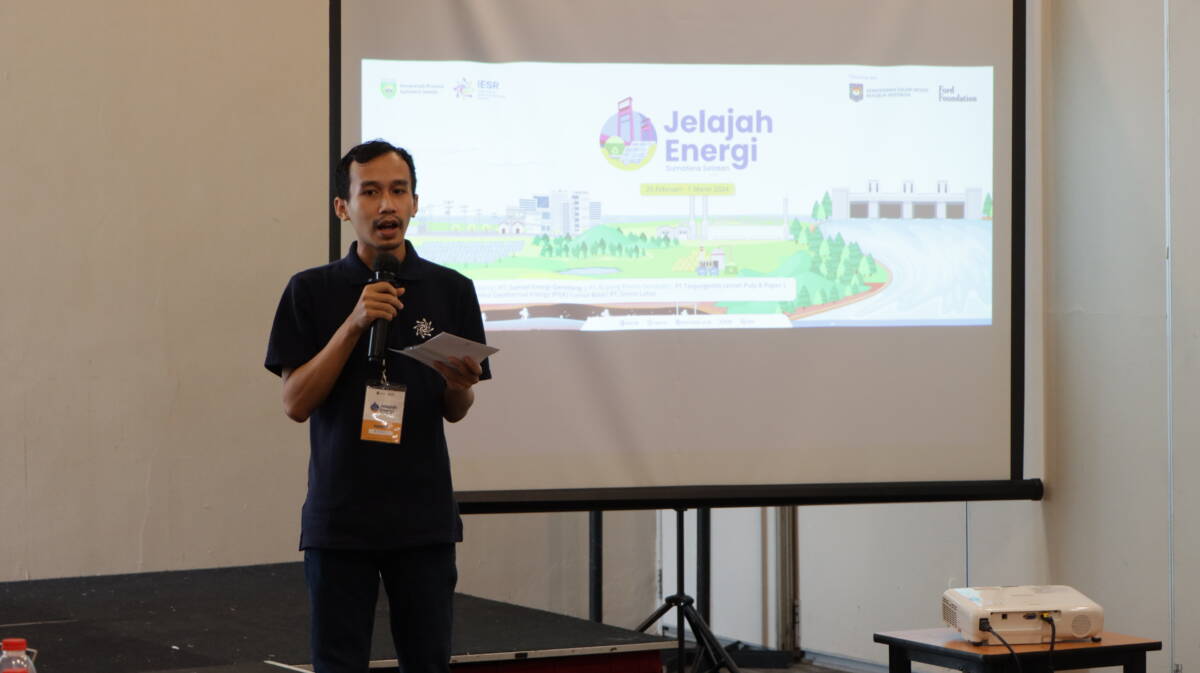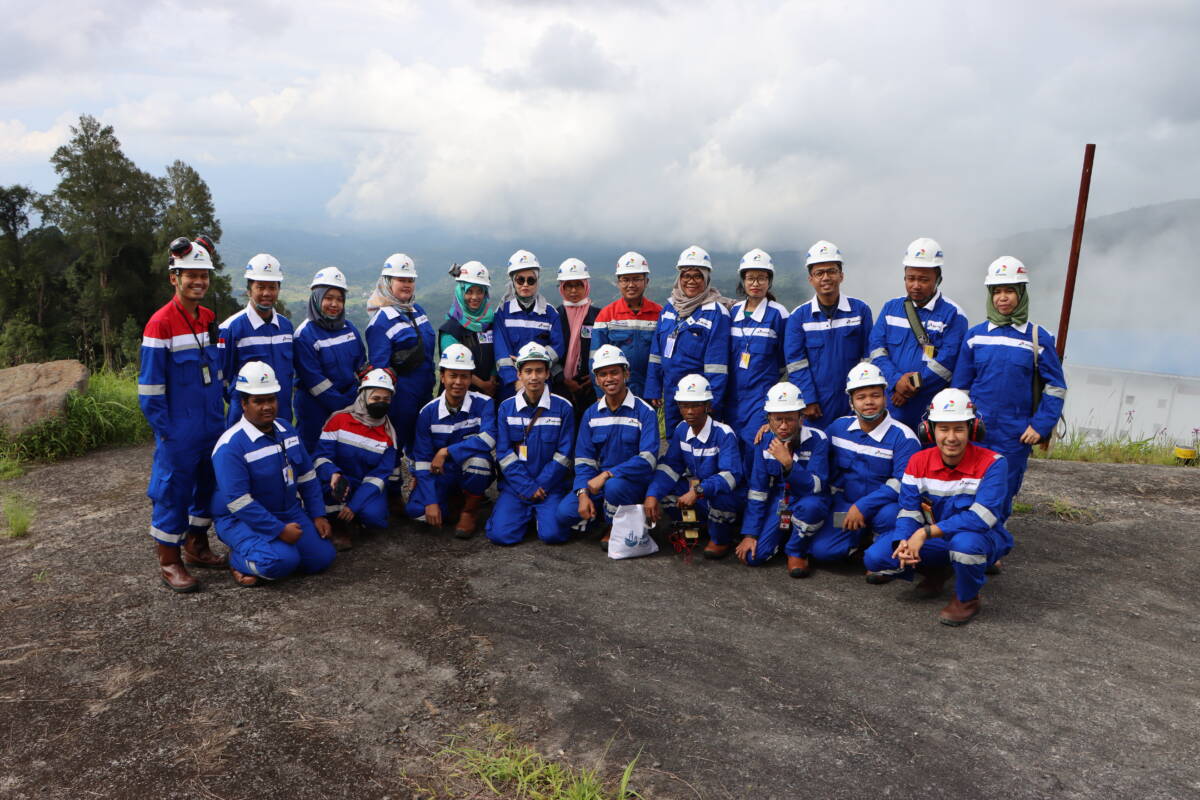Palembang, 26 February 2024 - Energy is a basic need for individuals and communities with various purposes. Even though energy is something crucial in human life, not many people know or are critical of the energy sources (such as electricity) that they use every day.
On a larger scale such as the industrial sector, energy…


